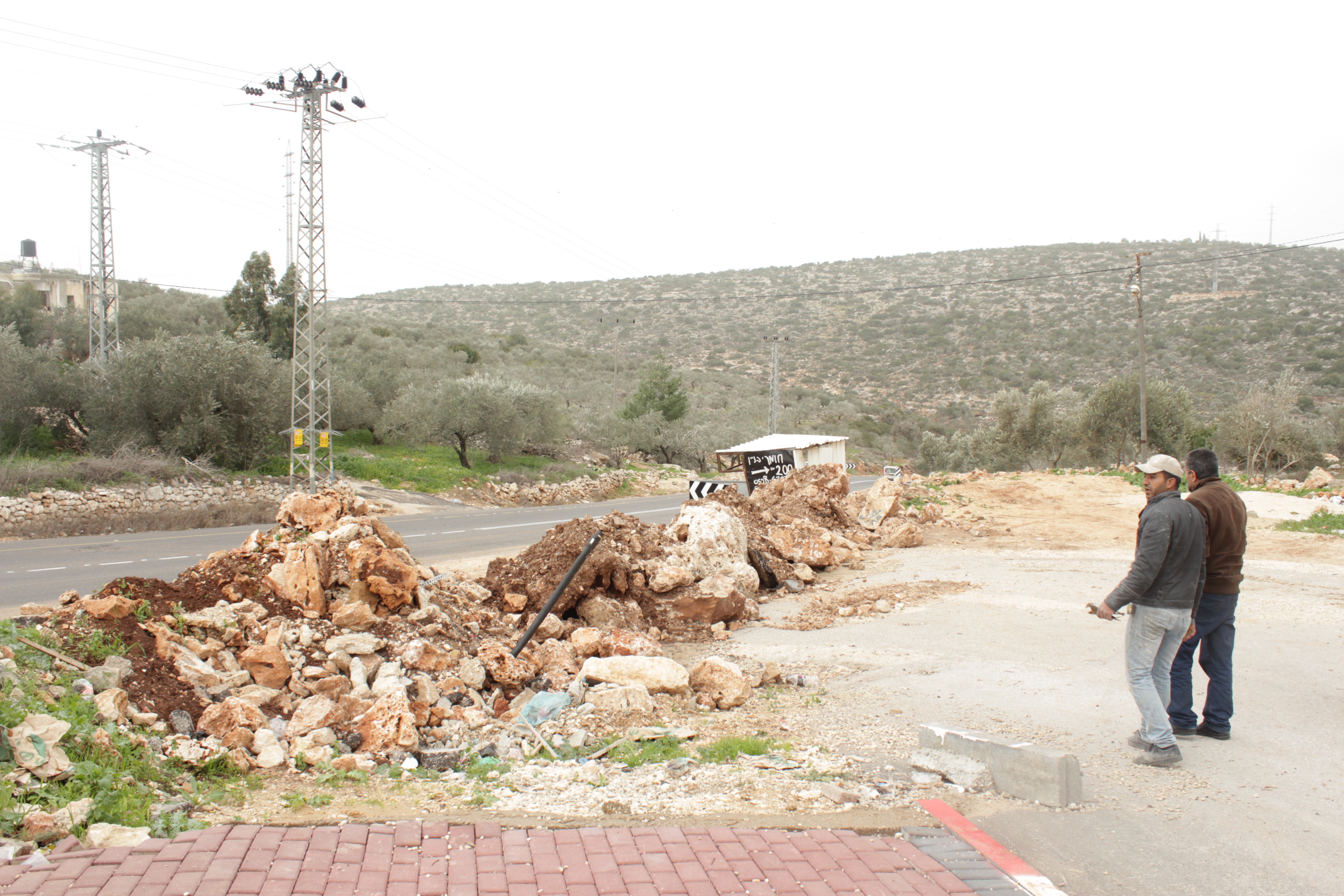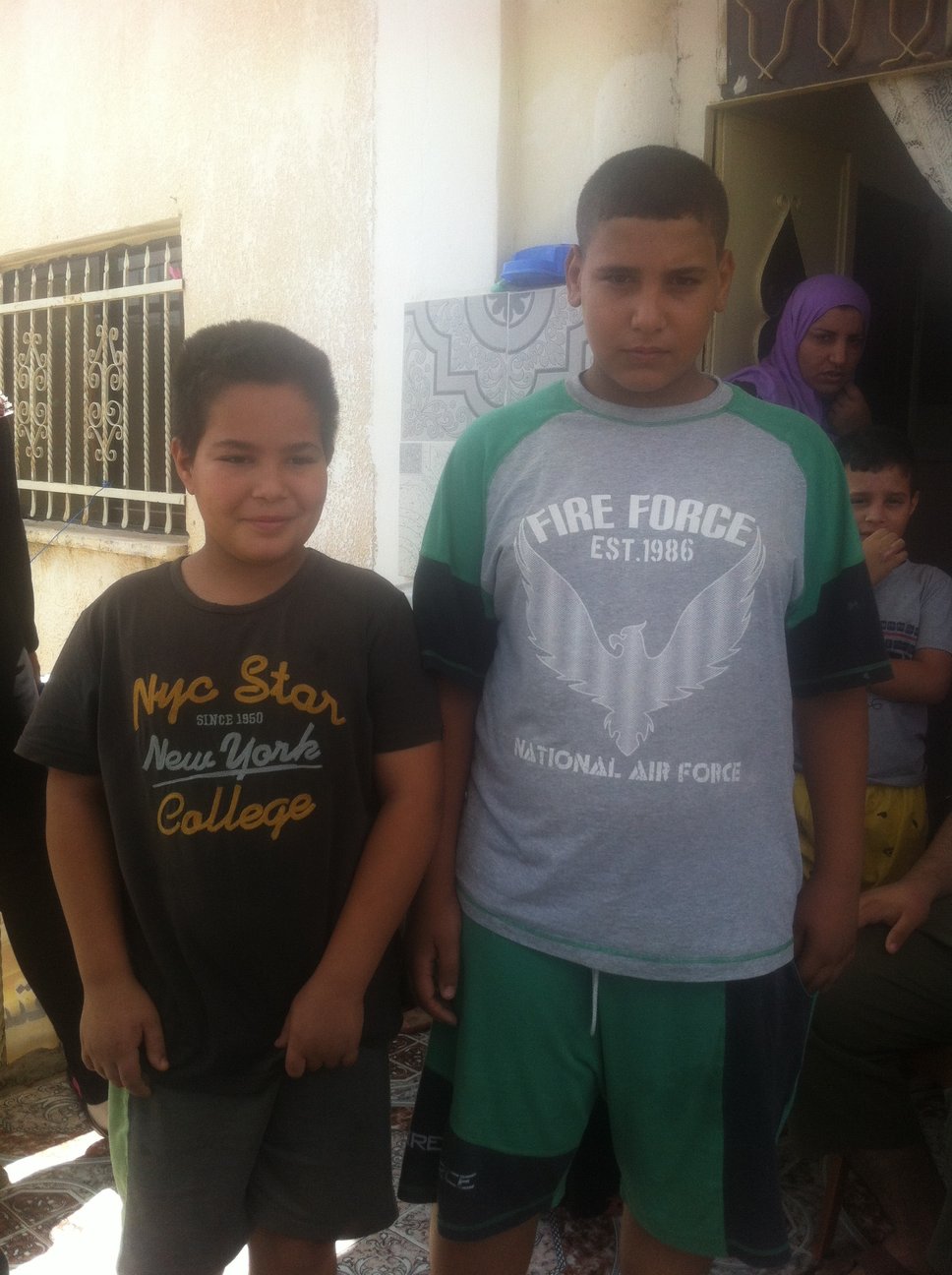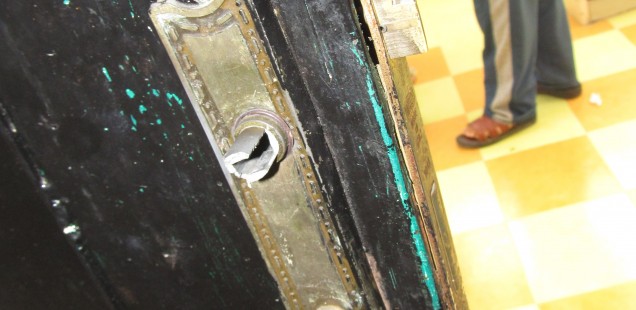Tag: Deir Istiya
-
Collective Punishment for Deir Istiya village
6th January 2015 | International Solidarity Movement, Nablus team | Deir Istiya, Occupied Palestine On 29th December, Israeli military barricaded the village of Deir Istiya, Salfit with a roadblock. This type of roadblock, termed an ‘earth mound’, is a pile of rubble and earth dropped over the road to obstruct access. It prevents access from the…
-
Settlers attempted to kidnap and shoot two young Palestinian children
15th July 2014 | International Solidarity Movement, Nablus team | Dear Istiya, Occupied Palestine Yesterday in the village of Deir Istiya, two young boys, Hasim Abu Zeed (13) and Hathem Yaser Abu Zeed (9) were attacked by Israeli settlers. Every day Hasim and Hathem’s family have to cross a road, which separates their homes from…
-
The occupation never sleeps
30th May 2014 | International Women’s Peace Service | Deir Istiya, Occupied Palestine Over seven families in Deir Istiya were rousted from their beds in the early morning today, some to the sounds of banging on their doors, others to fully armed soldiers in their bedrooms. Approximately 200 soldiers entered the village, closing off the main road…



